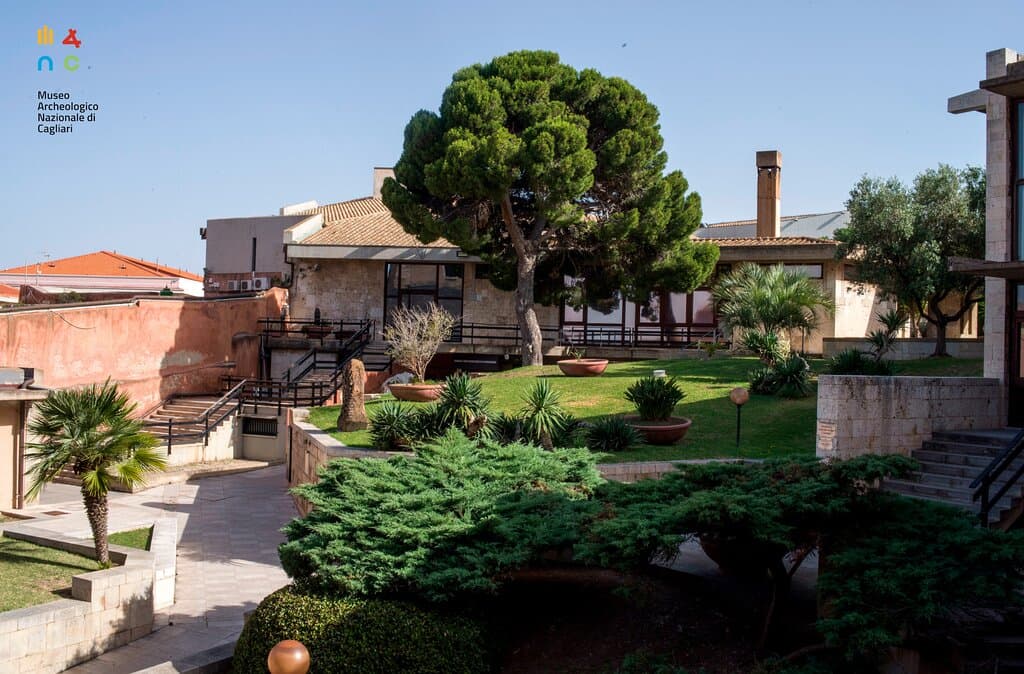
Diocesan Museum Cagliari
Explore Sardinia's ancient history through archaeological exhibits, featuring Nuragic bronzes and Punic jewelry.
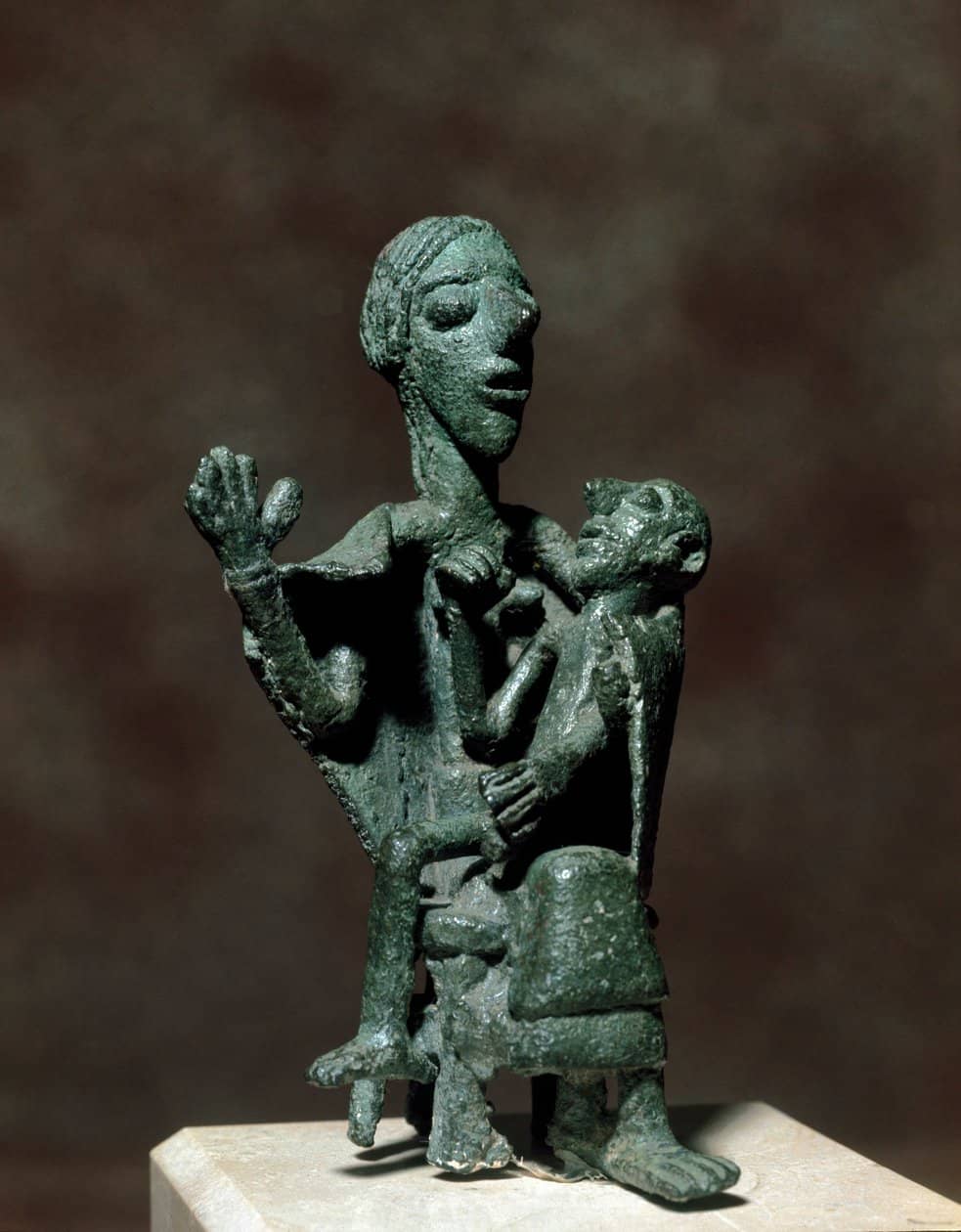
Highlights
Must-see attractions

Social
From TikTok & Reddit
Best Time
Fewer crowds, more peaceful viewing

Diocesan Museum Cagliari
Best Time
Fewer crowds, more peaceful viewing

Highlights
Must-see attractions
Explore Sardinia's ancient history through archaeological exhibits, featuring Nuragic bronzes and Punic jewelry.
"A must-visit for anyone interested in ancient history, offering a well-curated journey through time."
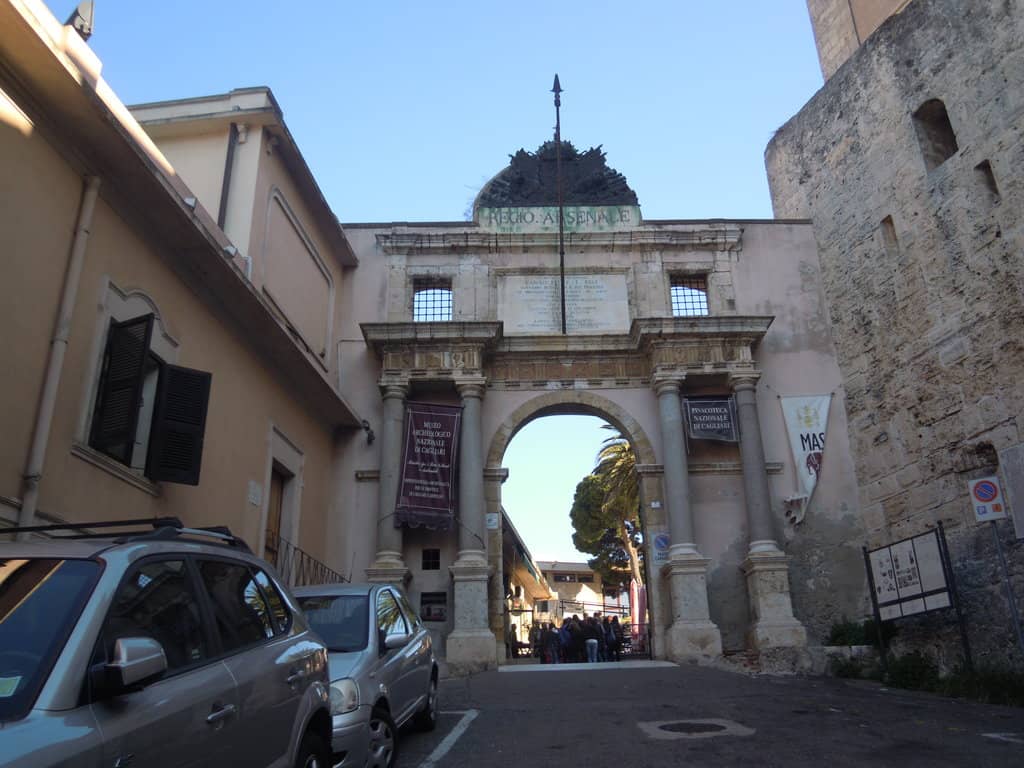
⏳ Allow ample time
Plan for 1.5-2 hours to explore the comprehensive exhibits without rushing.
💰 Free First Sunday
Visit on the first Sunday of the month for free entry, but expect more visitors.
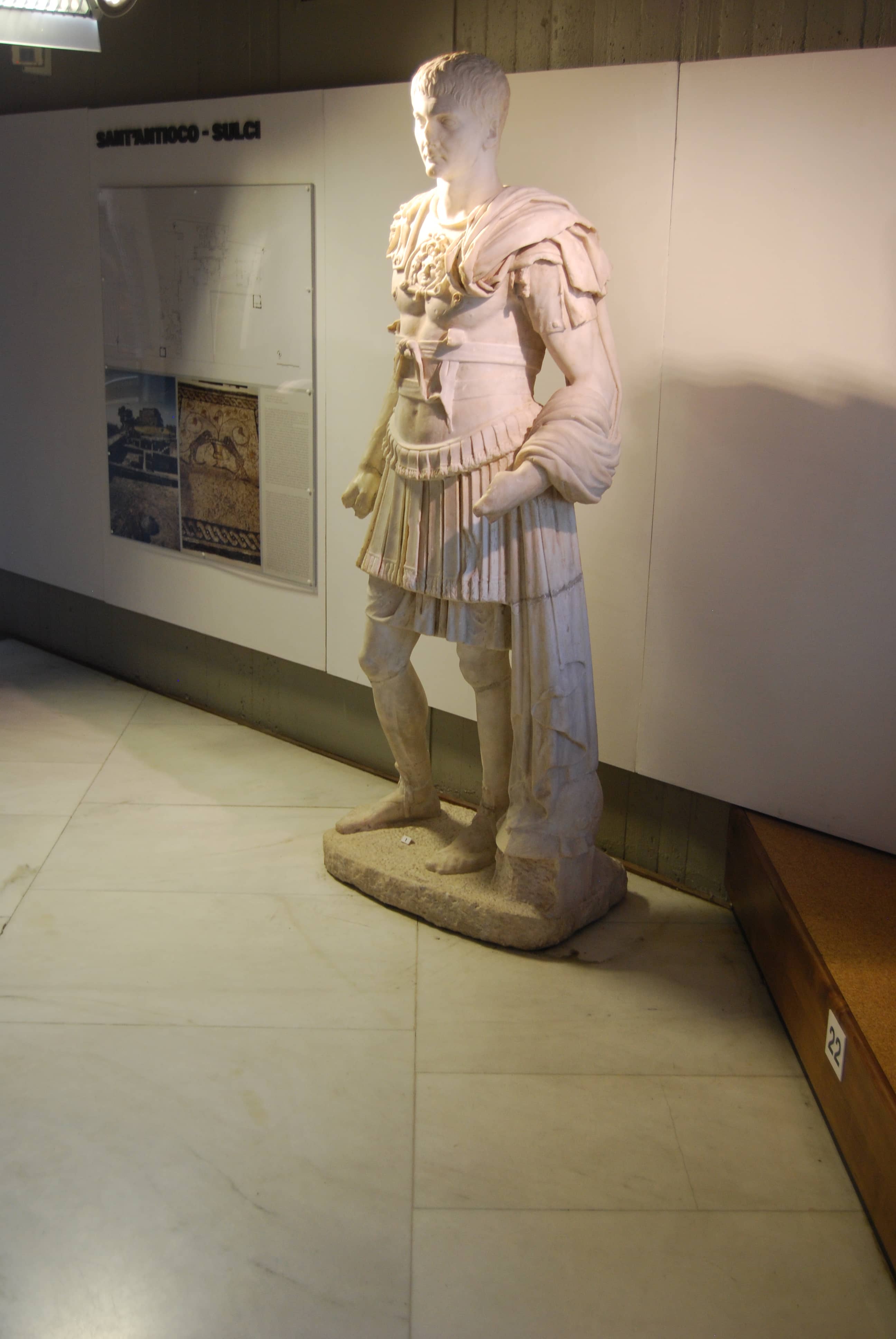
Highlights
Discover the most iconic attractions and experiences

Nuragic Bronze Statuettes
Marvel at an impressive collection of ancient bronze figurines from the Nuragic civilization.

Neolithic and Punic Artifacts
Discover fascinating remnants of Sardinia's early inhabitants and the Punic era.
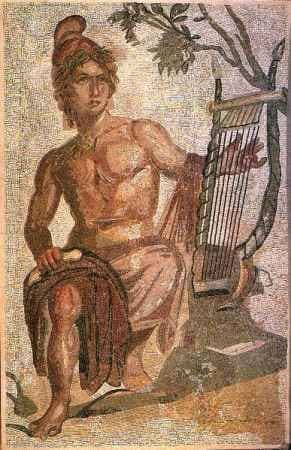
Roman Finds
Explore well-preserved artifacts that shed light on the Roman presence in Sardinia.
Plans like a pro.
Thinks like you
Planning Your Visit
Time Commitment
Free Entry Days
Best Times
Insider Tips
from TikTok, Instagram & Reddit
⏳ Allow ample time
Plan for 1.5-2 hours to explore the comprehensive exhibits without rushing.
💰 Free First Sunday
Visit on the first Sunday of the month for free entry, but expect more visitors.
💡 Interactive Displays
Appreciate the recreated artifacts and restored items that help visualize complete pieces.
🗺️ Navigate the levels
The museum's layout progresses chronologically, starting with ancient history.
Tips
from all over the internet
⏳ Allow ample time
Plan for 1.5-2 hours to explore the comprehensive exhibits without rushing.
💰 Free First Sunday
Visit on the first Sunday of the month for free entry, but expect more visitors.
💡 Interactive Displays
Appreciate the recreated artifacts and restored items that help visualize complete pieces.
🗺️ Navigate the levels
The museum's layout progresses chronologically, starting with ancient history.
What Travellers Say
Reviews Summary
Visitors praise the Diocesan Museum Cagliari for its comprehensive and well-curated exploration of Sardinian history, from prehistoric times to the Roman era. The unique interactive displays, including recreated artifacts, are a highlight, making the ancient past more tangible. While not overly large, the museum offers significant historical depth and is highly recommended for those interested in the island's rich heritage.
"A must-visit for anyone interested in ancient history. The museum offers a well-curated journey through prehistoric to Roman times. The highlight is the impressive collection of Nuragic bronze statuettes. Also worth seeing are the Neolithic artifacts, Punic and Roman finds.
It is not so big. You will need a little bit more than one and a half hours.
Recommend to visit."
Mykola Kurus
"Free on the first Sunday of every month, but would be well worth the cost of entry. It teaches the 5000+ year history of Sardinia and Cagliari very effectively. English and Italian displays throughout.
They have recreated some artifacts for people to hold. They have also restored some artifacts using plain materials and glass/plastic to demonstrate where the fragments would be on a complete item, I think that is a very effective way of displaying these items and more museums should follow this approach."
Asa-Jai Farr
"Must visit for anyone in Sardinia, to go beyond just the beaches and the food and learn a lot about the history of the island and its people. Not too big, but quite comprehensive museum with some amazing, out of this world monuments from the Nuragic period."
Ivan Stanković
What People Like
What People Dislike
Frequently Asked Questions
🚇 🗺️ Getting There
The museum is located in Cagliari, Sardinia. It's accessible by public transport within the city. Many visitors find it convenient to combine a visit with nearby archaeological sites like Nora or Tharros.
Parking in the historic center of Cagliari can be challenging. It's recommended to use public transportation or a taxi to reach the museum.
🎫 🎫 Tickets & Entry
The standard admission fee is €10. However, the museum is free on the first Sunday of every month.
Opening hours can vary, so it's best to check the official website or local listings before your visit.
Information on online ticket purchasing is not widely available, but it's always a good idea to check the museum's official website for the most up-to-date ticketing information.
The museum has ramps and staircases, and while it aims to be accessible, some areas might present challenges. It's advisable to contact the museum directly for specific accessibility queries.
🎫 🧭 Onsite Experience
Most visitors spend around 1.5 to 2 hours exploring the museum's exhibits. It's a comprehensive yet manageable size.
Yes, the museum provides displays in both English and Italian, making it accessible to a wider range of visitors.
Don't miss the impressive collection of Nuragic bronze statuettes, Neolithic artifacts, and Punic and Roman finds. The recreated artifacts are also a unique highlight.
Photography policies can vary. It's best to check for signage upon arrival or ask museum staff if you're unsure about taking photos.
The museum effectively teaches the 5000+ year history of Sardinia and Cagliari, covering periods from prehistory to the Middle Ages.
🍽️ 🍽️ Food & Dining
Typically, museums of this size do not have extensive dining facilities. However, the museum is located in a neighborhood with nice restaurants and cafes nearby.
The area surrounding the museum offers a variety of dining options, from local trattorias to cafes, perfect for a meal before or after your visit.
📸 📸 Photography
The Nuragic bronze statuettes and the unique displays of restored artifacts offer excellent photographic opportunities. The overall historical context of the exhibits is also very photogenic.
While specific rules can change, generally, photography of exhibits like Punic jewelry might be allowed without flash. Always check for signage or ask staff.
For Different Travelers
Tailored advice for your travel style
👨👩👧 Families with Kids
While the museum covers ancient history, the interactive elements help bridge the gap for kids. Consider pairing a visit with a trip to an actual archaeological site, like Nora, to see where some of these ancient objects originated. This combination can create a more immersive and memorable learning experience for the whole family.
🤓 History Buffs
Don't miss the chance to see the impressive Nuragic bronze statuettes and the detailed Punic jewelry. The museum effectively contextualizes these finds, offering a deeper understanding of Sardinia's strategic importance and cultural exchanges throughout antiquity. It’s an ideal complement to exploring the island's numerous archaeological sites.
Deep Dives
In-depth insights and expert knowledge
Exploring Sardinia's Ancient Past
The museum's approach to display is particularly noteworthy. They go beyond simply presenting artifacts by incorporating recreated artifacts that visitors can hold, offering a tactile experience. Furthermore, the restoration demonstrations, using plain materials and glass to show how fragmented items would have looked complete, are highly effective educational tools. This method of presentation makes the ancient objects more relatable and understandable, a practice many wish more museums would adopt.
For those interested in specific historical periods, the museum excels in showcasing the Nuragic bronze statuettes, which are described as 'out of this world' by visitors. The Punic jewelry and various Roman finds also contribute significantly to the narrative of Sardinia's past. By visiting the Diocesan Museum, travelers gain a deeper appreciation for the island's heritage, complementing visits to archaeological sites like Nora and Tharros by providing context for the objects discovered there.

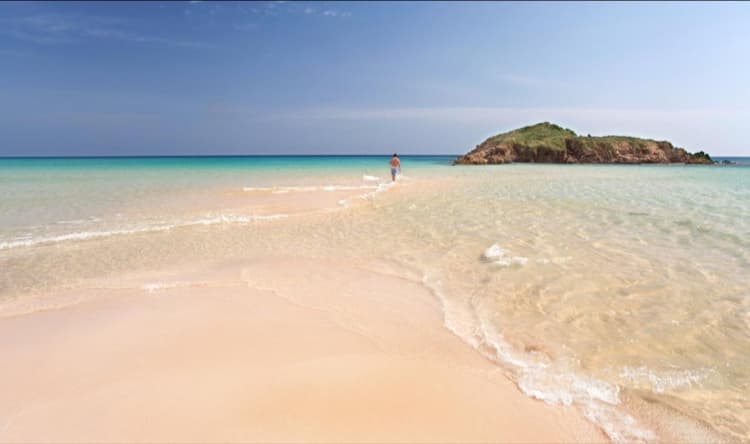



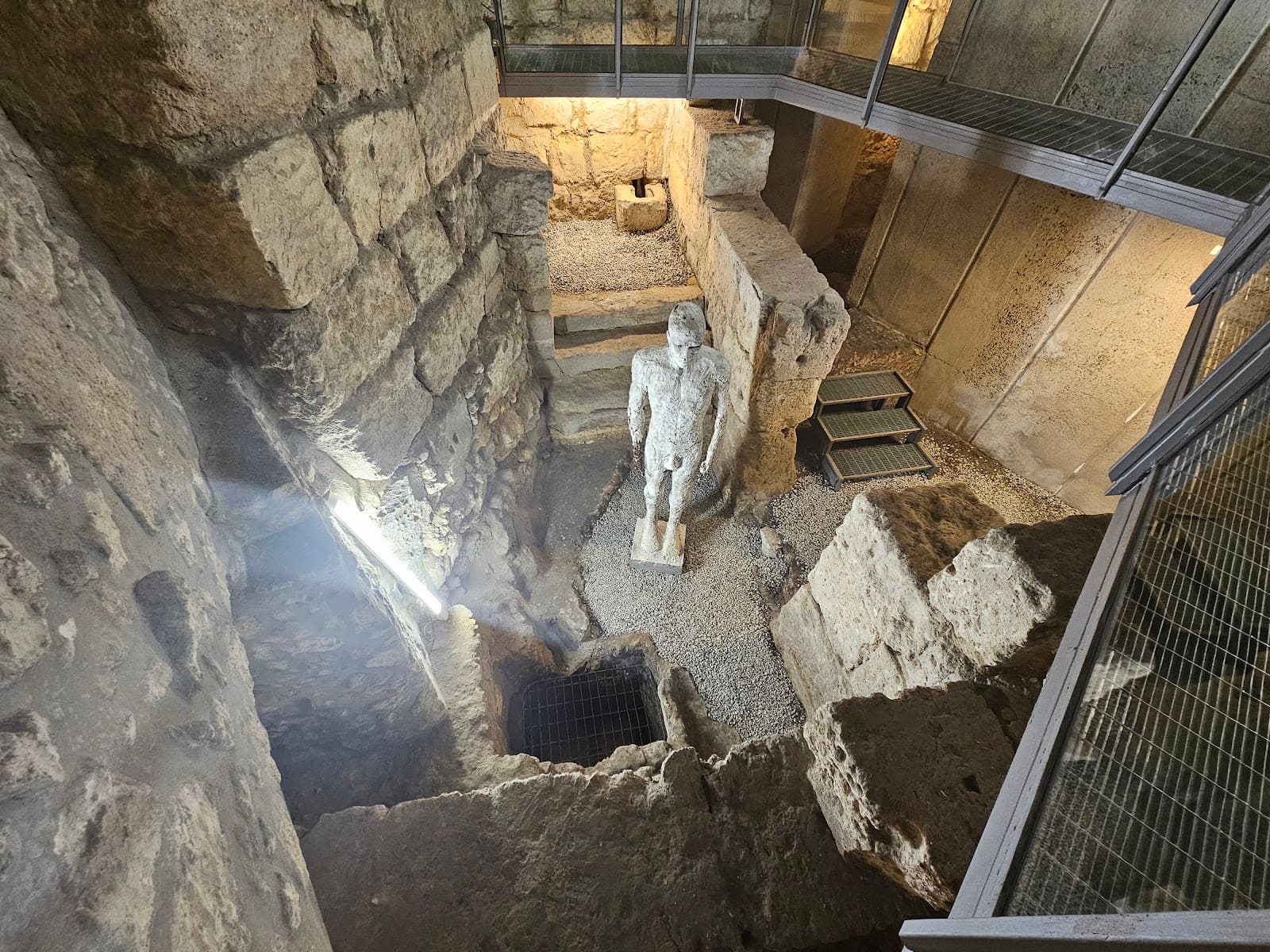
Social
from TikTok, Instagram & Reddit